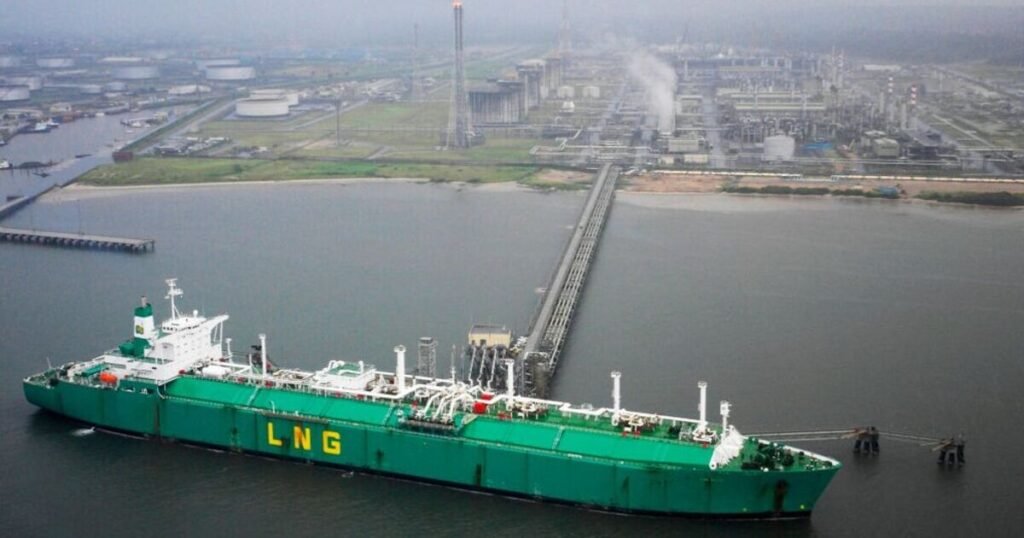Africa is in the process of developing its energy infrastructure to take advantage of its fossil fuel supplies.
The continent has 12 percent of the world’s oil reserves and 8 percent of its gas supplies.
It aims to launch more than 400 oil and gas projects over the next four years, attracting billions of pounds of investment.
Around £85bn is expected to be invested in energy across Africa this year.
Most of that money, £54bn, will go into fossil fuel schemes, with the rest funding a range of clean energy technologies.
One of the major projects being discussed is a plan to build a gas pipeline from Nigeria to Morocco.
The pipeline will span 4,350 miles and pass through 13 Atlantic countries.
It has a production capacity of 10 billion cubic meters a year and could cost as much as £19 billion.
The pipeline could be extended to Spain, making it easier for African countries to sell gas to European markets.
The Nigerian government is very keen to get the project off the ground and tap into its rich gas resources.
According to estimates by the US Energy Information Administration, the country has the ninth largest proven gas reserves in the world.
But the country is rekindling large amounts of gas produced along with crude oil because it lacks the infrastructure to utilize it.
The country currently exports gas through the six-train Bonny LNG plant and the Chevron-operated West Africa Gas Pipeline.
Decisions on the new pipeline are expected towards the end of this year.
“The Nigeria-Morocco Gas Pipeline Project (NMGP) is underway to build a pipeline that will reach Europe through 13 African countries. It is currently in the advanced stage,” said NNPC Group CEO. Mele Kyari told Energy Magazine. conference held in Houston earlier this year.
He further added that “the final investment decision (FID) for the USD 25 billion NMGP project is expected to be made by December 2024.”

